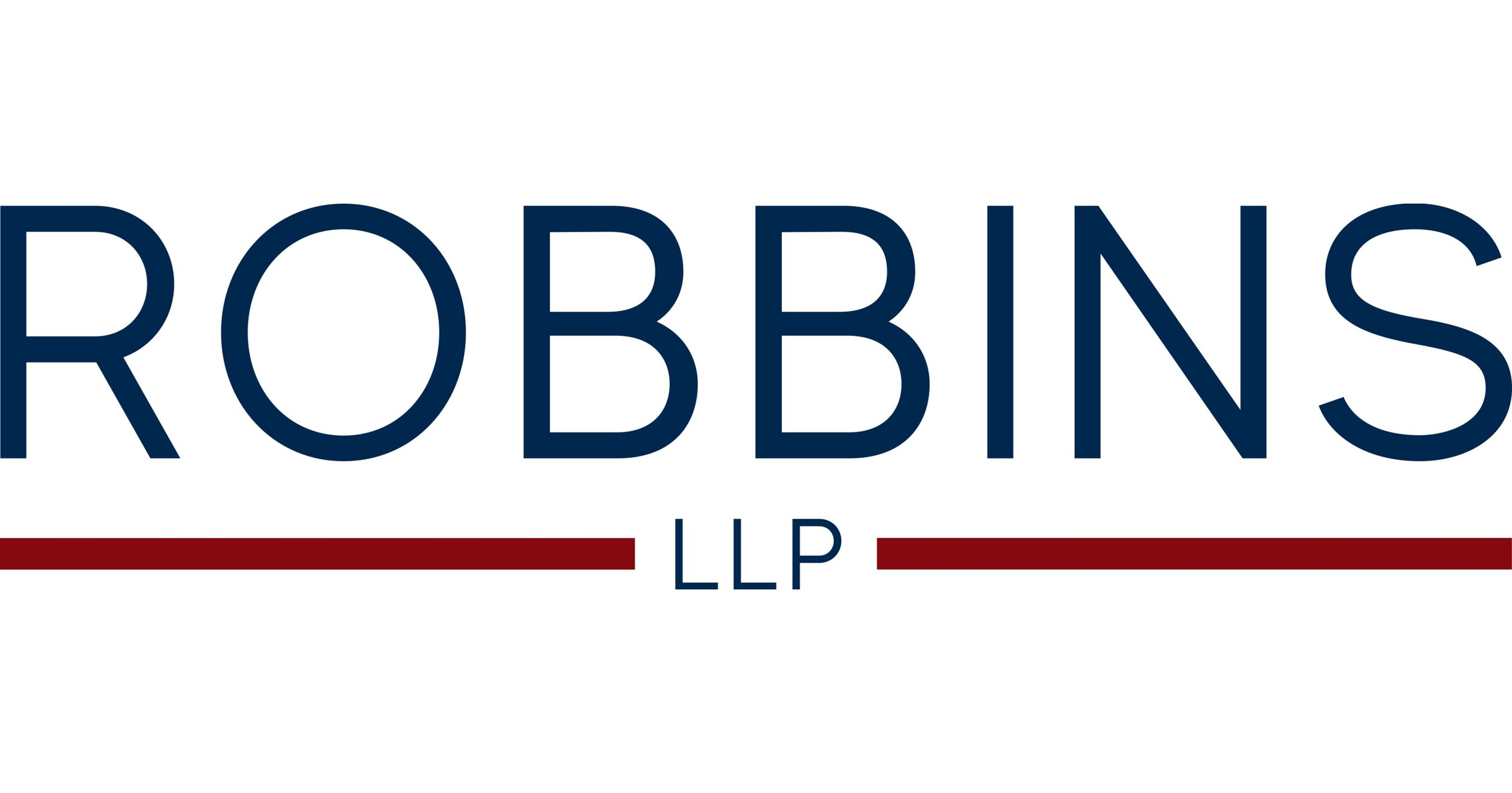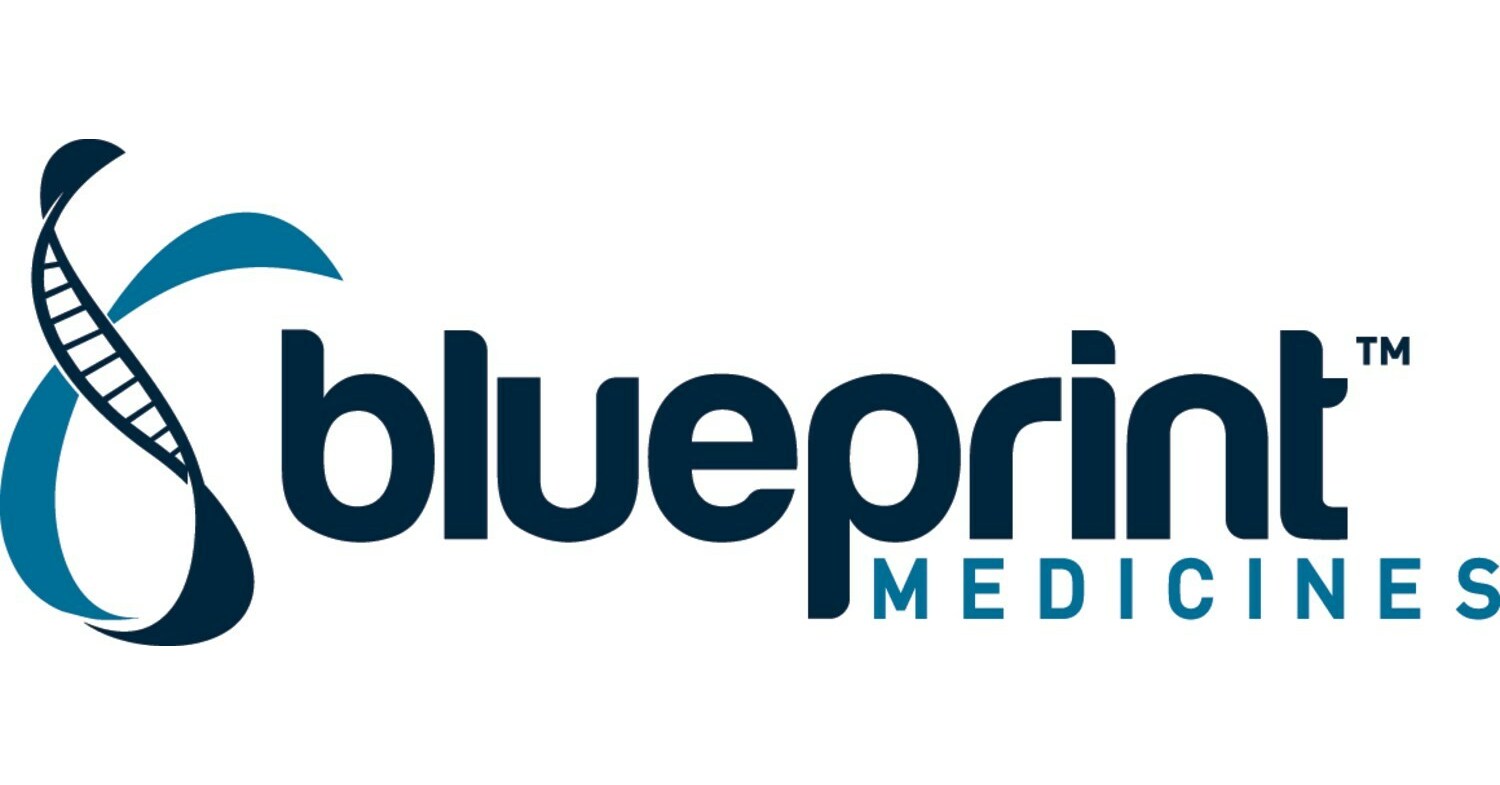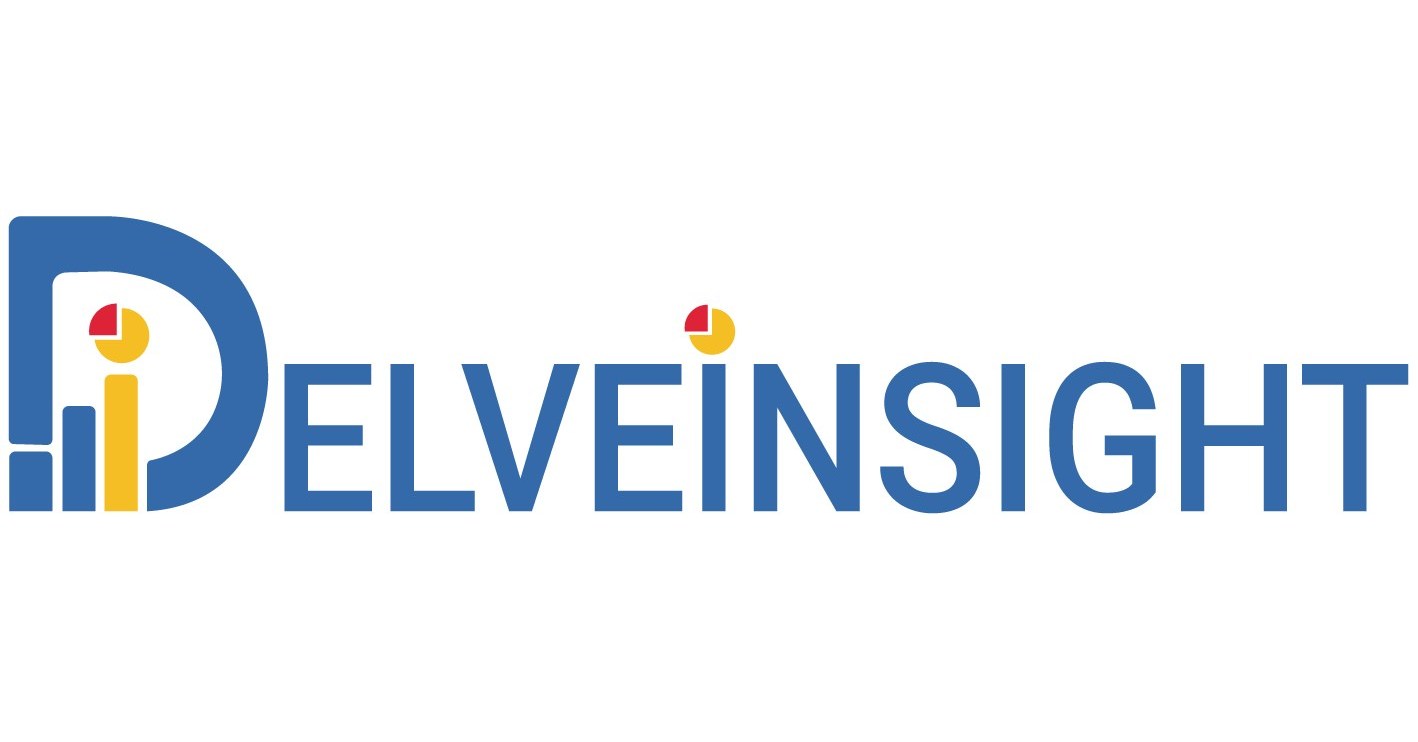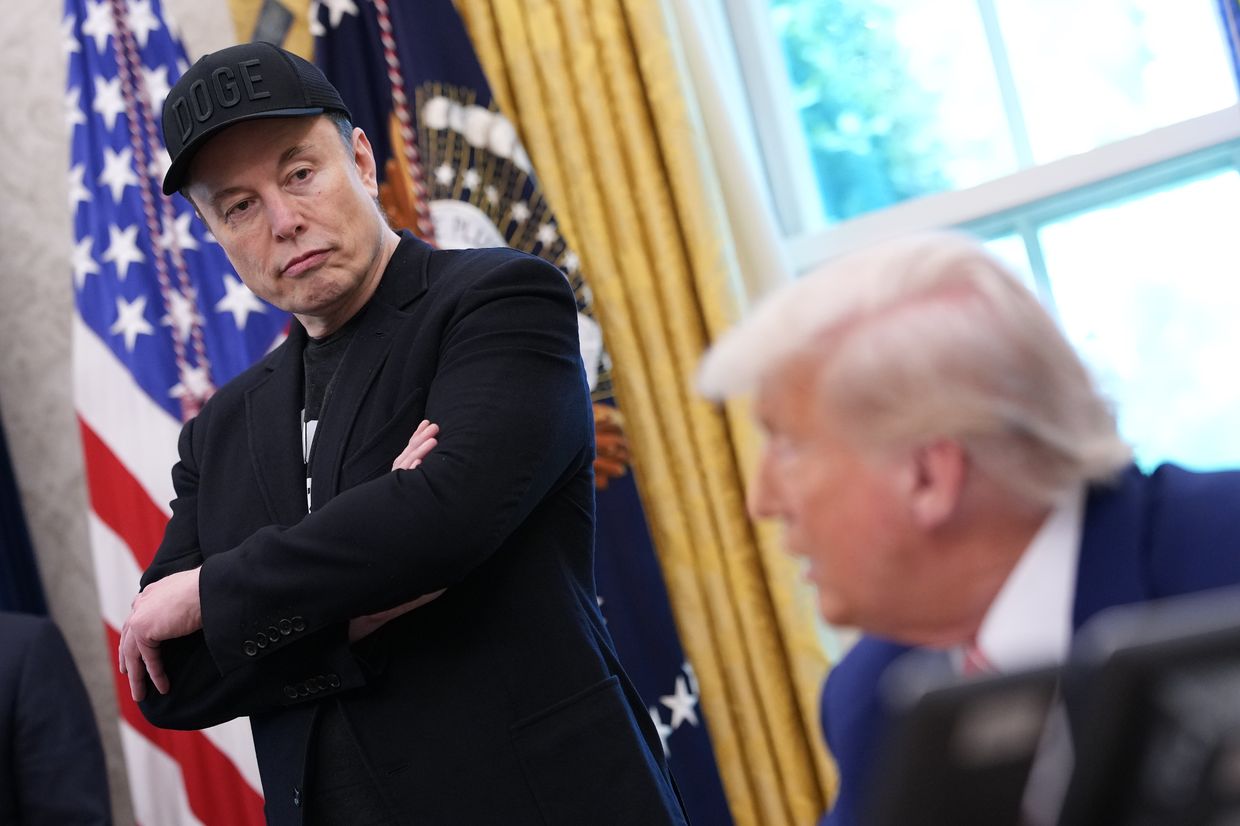Findings address urgent challenges in workforce, funding and policy gaps with data-driven recommendations to improve care for 32 million Americans
, /PRNewswire/ -- The Black Directors Health Equity Agenda (BDHEA), a nonprofit dedicated to transforming healthcare governance to eliminate disparities affecting marginalized communities, has released a landmark needs assessment that outlines a bold path forward for strengthening community-based healthcare and advancing health equity across the United States.
Titled "Examining the Landscape: Understanding Challenges in Community-Based Healthcare," the 160-page report highlights the critical role that community healthcare facilities and providers play in delivering accessible, affordable and high-quality care to populations needing greater access to care. Its findings will serve as a critical foundation in preparing for BDHEA's fourth health equity playbook, to be released in 2026.
Based on research conducted over the past year, the report provides a deep analysis of the significant challenges faced by federally qualified health centers (FQHCs), community health centers (CHCs) and safety net institutions (SNIs). These organizations play a vital role in providing healthcare services, including dentistry and optometry, to more than 32 million patients across the country in underserved and vulnerable populations, according to the National Association of Community Health Centers.
"Examining the Landscape" finds that these entities face significant challenges related to policy compliance, funding limitations, workforce shortages and patient access issues. This report synthesizes key findings from healthcare leaders regarding these persistent challenges to improve the effectiveness and impact of community care.
"Access to quality healthcare is not only a moral obligation — it is an economic imperative," said BDHEA Executive Director Deborah Phillips. "Amid ongoing shifts in healthcare policy and community needs, our commitment to advancing health equity has never been more urgent. Our findings reinforce a core truth: investing in health equity delivers measurable returns for both healthcare providers and the communities they serve."
Community health centers are often the first to respond to the social drivers of health, stepping in when broader systems fall short. FamilyCare Health Centers, a provider of primary care, behavioral health, psychiatry, and vision services in West Virginia and one of the contributors to BDHEA's assessment, offers a compelling example of how providers are adapting to meet urgent community needs. "We refer patients to food banks and food pantries, but it can take days for a patient to access the service," said Dr. Craig Glover, president and CEO of FamilyCare Health Centers. "So when we encounter a patient that's having food insecurity, we give them food boxes designed to sustain them for three days."
Findings Based on Nationwide Leader Engagement
To develop this report, BDHEA engaged 42 healthcare leaders across 17 states and Washington, D.C., conducting in-depth interviews with C-suite executives, board directors and leaders from health systems, payors, pharmaceutical companies, trade associations, public health departments, nonprofits and startups working with federally qualified health centers (FQHCs), community health centers (CHCs) and safety net institutions (SNIs). Participants also completed a survey detailing how their organizations operationalize health equity. Drawing on these interviews, survey responses and an extensive literature review, the report identifies root causes of structural strain and offers actionable solutions in governance, policy, funding and workforce development.
"In creating this report, it was important that we spoke with the healthcare professionals most directly experiencing and witnessing these challenges," said BDHEA's Phillips. "Their perspectives shed light on critical issues affecting communities — from barriers to access and technology gaps to workforce shortages. We honor the vital work they do every day to advance health equity. This report would not be possible without their continued partnership, advocacy and leadership."
Key findings include:
- Governance Gaps: Many board members lack formal training on community-based care models or equity-centered leadership. Respondents emphasized the need for tailored education and a stronger alignment between board priorities and population needs.
- Unstable Funding Models: Clinics report that restrictive government grants and below-cost Medicaid reimbursements create chronic budget instability.
- Workforce Shortages: A growing crisis in clinical and non-clinical staffing, especially in nursing and behavioral health, is impacting care delivery and financial viability.
- Policy Pressure: Shifting federal and state policies around Medicaid expansion, telehealth and reimbursement often create misalignment with community health goals.
- Technology Strain: While many FQHCs are integrating data analytics and AI tools, a lack of IT infrastructure and digital literacy remains a barrier to innovation.
These findings underscore the urgent need for comprehensive, community-anchored solutions that go beyond clinical care alone. Sustainable progress demands leadership that can align healthcare delivery with the social, economic and cultural realities of underserved populations.
Morehouse School of Medicine (MSM), a nationally recognized academic institution with a clinical arm in Atlanta, exemplifies this holistic approach. As a contributor to BDHEA's needs assessment, MSM brings valuable insights from its continuum-of-care model, which integrates primary care, workforce development and policy engagement. Its clinics serve patients in South Fulton County, where life expectancy is up to 10 years shorter than in neighboring communities. By partnering with public agencies, community health workers and telehealth programs, MSM is setting a new standard for community-based care.
"Community health centers must provide exceptional care in purposeful collaboration with clinical and social partners. At Morehouse School of Medicine, we don't just treat illness — we build ecosystems of care that reflect dignity, justice and opportunity," said Dr. Taya Jackson Scott, chief innovation and strategy officer. "Our work is guided by a deep understanding that the practice of medicine is not just about the absence of disease, but also the presence of access to care. This needs assessment reinforces what we know — that community health must be co-created with those we serve. Whether through telehealth, training community health workers, or working with policymakers, we're ensuring people are not only healthy but feel whole and empowered. This is not just health care — it's a movement."
Turning Insight Into Action: A Path Forward
The report concludes with real-world case studies that illustrate how community partnerships, data-driven innovation and strong governance can drive measurable improvements in care access and health equity. These examples showcase scalable strategies — from integrated health and housing initiatives to cross-sector workforce training — that offer a blueprint for what's possible when healthcare systems are empowered to lead. Through policy advocacy, board engagement and sustained investment, BDHEA envisions a future where every community, regardless of geography or income, has the tools to thrive.
"Technology should be a tool to improve health outcomes and increase productivity," said Dr. Glover. "Value-based care is very dependent on your ability to manage and use your data for decision-making. Further innovation will help community caregivers focus on where we can improve health outcomes."
"The BDHEA needs assessment is a movement to build the skills, cultural humility, competency and trust in our healthcare workforce," said Dr. Jackson Scott. "By taking the right steps, community care will raise its impact for people to feel whole, embrace opportunities and uplift local economies through health."
These insights underscore the need for coordinated action across leadership, technology and workforce development to transform community healthcare. By integrating data-driven tools with strong governance and cultural competence, BDHEA aims to equip healthcare leaders with the resources to drive lasting change and advance health equity nationwide.
"We believe this report is not just a reflection of where we are, but a roadmap for where we must go," said BDHEA's Phillips. "If we act with urgency and intention, we can build a future where health equity isn't a distant goal — it's the standard. The solutions are here. Now it's about the will to lead."
"Examining the Landscape: Understanding Challenges in Community-Based Healthcare" is available for download at https://bdhea.org/offerings.
About BDHEA
The Black Directors Health Equity Agenda (BDHEA), founded in 2020, is a 501(c)(3) nonprofit organization and the first and only national entity led by Black board directors and senior healthcare executives committed to eliminating health disparities through leadership at the highest levels. BDHEA brings together healthcare board directors, senior executives and educators from across the country to close the gap in care, talent, research and policy for Black communities — ultimately strengthening outcomes, innovation and healthcare delivery for all. BDHEA is distinguished by its governance-driven approach, using board leadership to address disparities at a systems level. It operates as a trusted convener, educator and translator of data — bridging boardrooms and communities, policy and practice and evidence and action. Through national convenings, executive briefings and data-informed toolkits, BDHEA equips healthcare leaders to embed equity into governance and decision-making. Grounded in a holistic, comprehensive and national strategy, BDHEA drives change through a common agenda, continuous communication and shared outcomes. Its flagship resources — including the Directors Playbook and Health Equity Toolkits — support meaningful dialogue and action in the boardroom. As a central hub for innovation and strategic collaboration, BDHEA is accelerating measurable progress in the pursuit of health equity. Learn more at bdhea.org.
CONTACT:
John Hiltner
[email protected]
Purpose Brand
purposebrand.com
SOURCE Black Directors Health Equity Agenda

WANT YOUR COMPANY'S NEWS FEATURED ON PRNEWSWIRE.COM?
![]()
440k+
Newsrooms &
Influencers
![]()
9k+
Digital Media
Outlets
![]()
270k+
Journalists
Opted In
.png)
 German (DE)
German (DE)  English (US)
English (US)  Spanish (ES)
Spanish (ES)  French (FR)
French (FR)  Hindi (IN)
Hindi (IN)  Italian (IT)
Italian (IT)  Russian (RU)
Russian (RU)  1 day ago
4
1 day ago
4







Comments